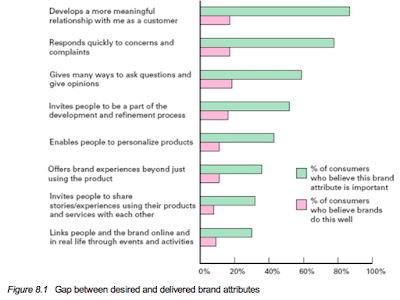"Economically, the euro is looking better too. Europe is bouncing back from its slowdown, but the broader evidence suggests a revisionist take on the 2008-2012 period, when the euro got tagged with such a bad reputation.
...
I now think of the 2008-2012 period as unwinding a long-term bubble of overinvestment in the EU periphery, and thus those were special circumstances when virtually all economic policies were radically underperforming. Given that a recurrence of such conditions is unlikely, the euro will do much better in the future.
...
Along related lines, compare the performance of fiscal austerity now with that earlier period. Greece has been going through an unprecedented fiscal adjustment, with a primary surplus running at 3.9 percent of gross domestic product; yet Greek output, while ailing, has remained roughly stable. Portugal has been cutting back drastically on public sector investment, dropping its public sector deficit from 4.4 percent of GDP to 2.1 percent. Rather than imploding, the economy grew by 1.4 percent."
Sincero obrigado ao PS e ao deputado Galamba por finalmente terem visto a luz https://t.co/oPVrvKWgdy pic.twitter.com/PiZJayI5ZX— Carlos P da Cruz (@ccz1) May 9, 2017
Trechos retirados de "Reasons to Like the Euro Again"

















